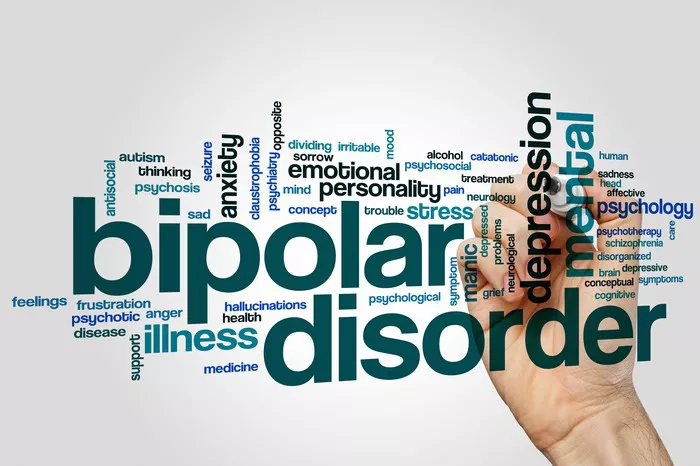A new study from University College London (UCL) reveals a troubling connection between poor mental health and the tendency to browse negative online content, a behavior that further exacerbates mental health symptoms. The research, which received funding from Wellcome and was published in Nature Human Behaviour, indicates that this relationship is both causal and bi-directional.
The study’s authors have developed a browser plug-in that assigns “content labels” to webpages—similar to nutrition labels on food products—to help users make healthier and more informed choices about the online content they consume. These labels highlight the emotional impact of webpage content alongside its practicality and informativeness.
Co-lead author Professor Tali Sharot, from UCL’s Psychology & Language Sciences department and the Max Planck UCL Centre for Computational Psychiatry and Ageing Research, stated, “Our results show that browsing negatively valenced content not only reflects a person’s mood but can also actively worsen it, creating a feedback loop that perpetuates mental health challenges over time.”
The study involved over 1,000 participants who responded to mental health questionnaires and shared their web browsing histories. Utilizing natural language processing, researchers analyzed the emotional tone of the webpages visited. They discovered that individuals with poorer mental health were more likely to engage with negative content, and that this browsing behavior led to a further decline in their mood.
In a subsequent experiment, the researchers manipulated the types of websites participants visited, exposing some to negative content and others to neutral content. Results showed that those who viewed negative websites reported a worse mood afterward, establishing a causal link between browsing negative content and mood deterioration. Furthermore, when allowed to browse freely afterward, participants who had previously encountered negative content gravitated toward more negative material, underscoring the bi-directional nature of this relationship: negative content impacts mood, and a worsened mood drives the consumption of more negative content.
PhD student Christopher Kelly, co-lead author of the study, emphasized, “Our findings contribute to the ongoing discussion about the relationship between mental health and online behavior. While much of the existing research has focused on the quantity of online use, such as screen time, our study highlights the importance of the type of content consumed and its emotional tone.”
To explore whether interventions could alter browsing behavior and improve mood, the researchers conducted another study where they added content labels to Google search results. These labels indicated whether the content would likely improve, worsen, or have no effect on participants’ moods. The results showed that participants were more inclined to select positively labeled websites, and those who visited these sites reported better moods afterward.
In response to their findings, the researchers have launched a free browser plug-in that labels Google search results with three ratings: the practicality of the content, its informativeness, and its potential impact on mood.
“As we routinely check nutritional labels on food to make informed dietary choices, a similar approach could empower individuals to make healthier choices about the content they consume online,” Professor Sharot concluded.
Related Topics:
-
Internet Use Promotes The Mental Health Of The Global Elderly
-
Multiple Sclerosis Drugs Can Help People With Reduced Working Memory
-
Research Emphasizes That Air Pollution Is A Key Environmental Factor At Risk For Autism


